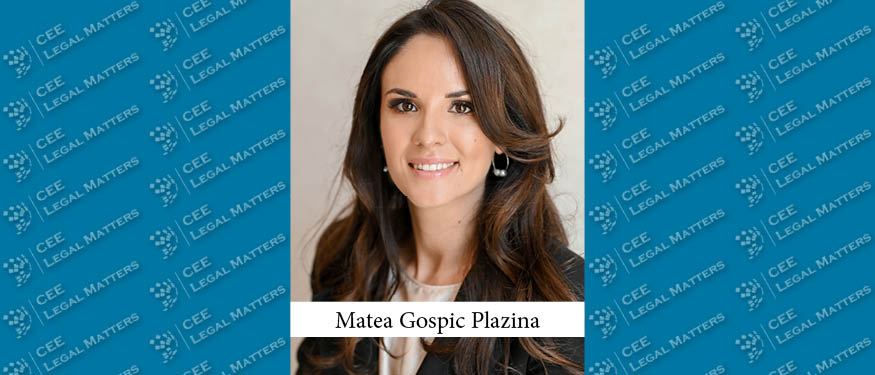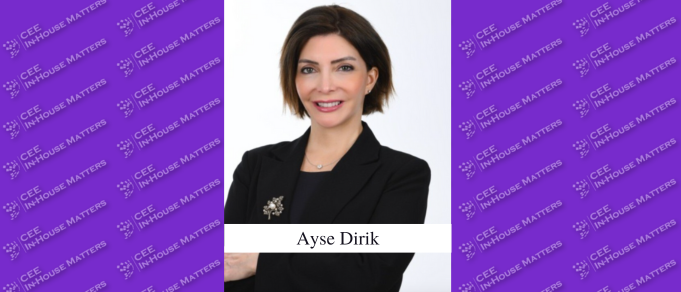Charting Turkiye's choppy seas, Kolcuoglu Demirkan Kocakli Partner Bihter Bozbay Inan dives into the country's strengthening economic ties with the Middle East, its fiscal policies and upcoming local elections, and digital transformations in the banking sector.
“In the past two to three months, there haven't been significant changes in Turkiye's economic environment,” Bozbay Inan begins. “Year-end activities have primarily focused on closing deals, with legislative authorities returning from recess. However, the economy and fiscal changes remain areas of interest.”
“Despite recent diplomatic strains with Western countries, EU nations continue to be the top investors in Turkiye,” Bozbay Inan continues. “In the first nine months of 2023, they were followed closely by Middle Eastern countries. A notable development is the trade agreement with the United Arab Emirates, aiming for a trade volume of USD 25 billion in the next five years.” As she reports, this has already spurred an acceleration in M&A volumes and may result in Middle Eastern countries taking the lead in both M&A deal count and volume figures in the following years, considering that “the Middle Eastern countries’ deal volume had already reached USD 2.3 billion in 2022 – before the trade agreement – a record in Turkiye's investment environment for the last five years.”
Focusing on specific sectors that are most attractive for foreign investors, Bozbay Inan says that “the focus is diverse, encompassing general commerce, energy, technology, healthcare, logistics, and banking. For instance, we're currently representing Gulf investors in two major deals in logistics and healthcare – the completion of these investments will further boost the investment figures,” she says.
Looking ahead, Bozbay Inan reports that the country is looking at the local elections in March 2024 as pivotal. “Following that, we'll have four years without elections, which typically implies market stability. Historically, election periods are marked by a 'wait and see' approach, impacting economic momentum.” Indeed, following the general elections of May 2023, matters seemed to have moved forward for the country. “After the May elections, the government adopted more orthodox and rational fiscal policies,” she continues. “For instance, interest rates were increased to 40%, stabilizing markets and bringing predictability. While local companies face high financing costs, this has led to a surge in the IPO market, with over 50 IPOs currently, as companies seek alternative funding,” she explains.
Zeroing in on other legislative changes of note, Bozbay Inan reports that the most recent one is “the increase in minimum capital requirements for establishing a Turkish company, effective from January 2024. This is a fivefold increase to TRY 50,000 for LLCs and TRY 250,000 for JSCs. Given inflation and the previous levels set in 2012, the impact is relatively moderate,” she explains.
Finally, Bozbay Inan shares that “the green economy is gaining momentum, accelerated by international and EU regulatory steps.” According to her, this is most evident in the banking sector, “which significantly influences the real sector. The digitalization of banking services, initially popular among tech-savvy consumers, is now gaining traction with corporate clients. The shift towards digital platforms, with their lower costs and secure channels, is poised to boost Turkiye's digital economy,” she concludes.

















